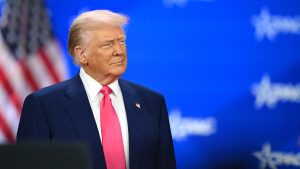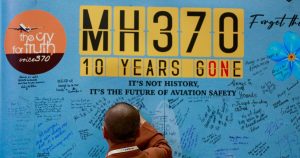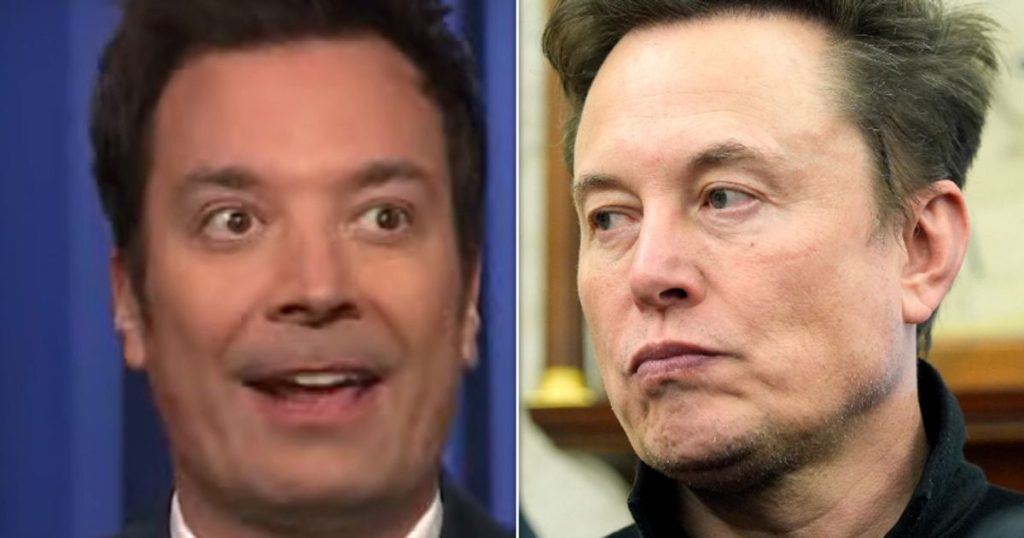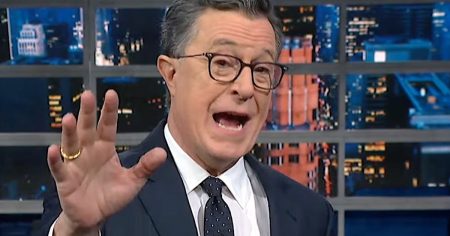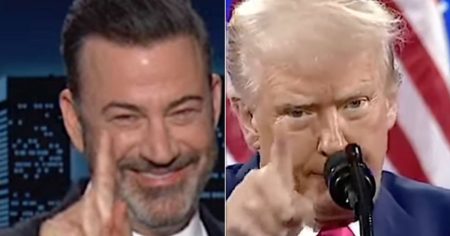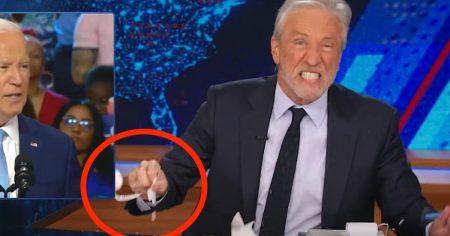Jimmy Fallon Mocks Elon Musk’s Controversial Demand for Federal Workers
On a recent episode of The Tonight Show, Jimmy Fallon took a lighthearted jab at Elon Musk’s recent attempt to impose a highly unconventional task on U.S. federal workers. Musk, who was appointed by former President Donald Trump to lead the unofficial "Department of Government Efficiency," had asked federal employees to list five things they had accomplished in the past week. The directive was framed as a way to justify their roles, with the implication that those who failed to comply could face termination. Fallon, ever the master of turning political oddities into comedy gold, couldn’t resist poking fun at the idea. “Of course, the workers were furious,” Fallon quipped. “Mostly about getting a work email on a Saturday,” he added, highlighting the absurdity of demanding such a task over the weekend.
Fallon then imagined how federal workers might respond to Musk’s request, crafting a humorous list of "accomplishments" that any desk worker could relate to. “1. I received this email. 2. I opened this email. 3. I read this email. 4. I laughed at this email. 5. I deleted this email,” Fallon said, emphasizing the ridiculousness of the task. “Five. There’s five,” he concluded, delivering the punchline with his signature deadpan delivery. He also took a swipe at the tight deadline Musk had imposed, pointing out that the 11:59 p.m. Monday cutoff felt like a plot twist straight out of Cinderella. “It’s hard to take it seriously when you’re stealing rules from Cinderella,” Fallon joked.
Public Backlash and Social Media Reactions
Fallon’s monologue wasn’t the only outlet for criticism. Musk’s demand sparked widespread outrage and mockery, both within the federal workforce and across social media platforms. Federal workers, many of whom already feel undervalued and overworked, were quick to express their frustration. The idea that their contributions could be reduced to a simple list of five bullet points was seen as dismissive and tone-deaf. “This isn’t a startup where you can demand impossible tasks and expect people to comply,” one federal employee tweeted. “We’re talking about complex, essential work that keeps the country running.”
Social media was flooded with satirical takes on Musk’s request. Users imagined how people from other professions—like teachers, nurses, and scientists—might respond if subjected to the same kind of demand. For example, one Twitter user joked that a teacher’s list might include “graded 50 papers,” “planned next week’s lessons,” “mediated a playground dispute,” “attended a staff meeting,” and “wondered if I’m making a difference.” The humor highlighted the inherent difficulty of quantifying the value of certain jobs, especially those in the public sector.
The backlash also raised questions about Musk’s understanding of government work. Critics pointed out that federal employees often deal with bureaucratic red tape, outdated systems, and limited resources—challenges that are far removed from the fast-paced, innovation-driven environment of Musk’s private ventures. “This isn’t Tesla or SpaceX,” one commentator noted. “You can’t just ‘move fast and break things’ when you’re dealing with people’s lives and taxpayer money.”
The Bigger Picture: Musk’s Role in Government Efficiency
Fallon’s jokes and the social media frenzy aside, Musk’s demand reflects a broader debate about the role of federal workers and the efficiency of government operations. As the head of the unofficial "Department of Government Efficiency," Musk was tasked withidentifying ways to cut public spending and streamline government processes. While the intention behind this initiative might be to save taxpayer dollars, critics argue that Musk’s approach is overly simplistic and fails to account for the complexities of federal work.
Musk’s request for a list of accomplishments also taps into a long-standing narrative about government employees being inefficient or unaccountable. This stereotype has been used by politicians and business leaders alike to justify budget cuts and reforms. However, many experts argue that federal workers are often the backbone of critical services, from healthcare to national security, and that their contributions cannot be measured by simplistic metrics. “This isn’t about efficiency—it’s about devaluing public service,” one union representative said in response to Musk’s demand. “We need to recognize the importance of these jobs, not belittle them.”
The Broader Implications of Musk’s Request
While the immediate reaction to Musk’s demand has been largely negative, it also raises important questions about accountability and transparency in government. On one hand, it’s reasonable to expect that federal employees are fulfilling their duties effectively. On the other hand, reducing those duties to a five-point list oversimplifies the nature of their work and ignores the many challenges they face.
The controversy also highlights the tension between the private sector’s emphasis on speed and innovation and the public sector’s need for stability and procedure. Musk’s success in tech has been built on disrupting industries and pushing boundaries, but government work operates under very different constraints. As one commentator put it, “You can’t run a government like a startup. The stakes are too high, and the consequences of failure are too severe.”
Moreover, the backlash against Musk’s demand speaks to a deeper issue: the erosion of trust in government and its institutions. When public servants are treated with suspicion and disdain, it undermines not only their morale but also the public’s faith in the system. By fostering a culture of respect and appreciation for federal workers, we can create a more collaborative and effective government.
Conclusion: A Missed Opportunity for Real Reform
In the end, Musk’s request to federal workers has done more harm than good. It has alienated a workforce that is already under significant pressure, and it has distracted from the real issues plaguing government efficiency. Rather than issuing edicts that demean and devalue public servants, leaders like Musk should focus on meaningful reforms—like modernizing outdated systems, reducing bureaucratic hurdles, and investing in employee training.
Fallon’s jokes may have been light-hearted, but they touched on a serious issue: the way we treat and value our federal workforce matters. By mocking Musk’s demands, Fallon gave voice to the frustration and resentment felt by many government employees. At the same time, he reminded us that humor often reveals deeper truths. In this case, the truth is that we need a more thoughtful and respectful approach to improving government efficiency—one that recognizes the value of public service and treats federal workers with the respect they deserve.
